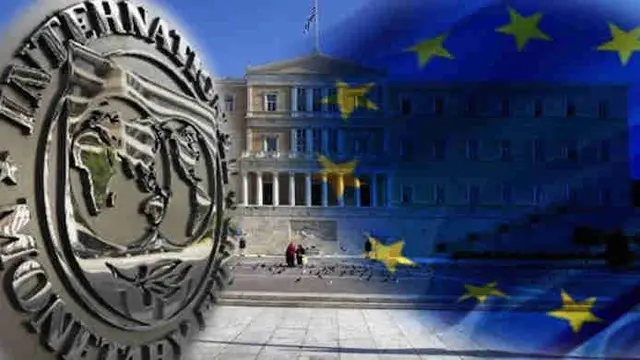Given the economic difficulties facing all the members of the Group of Eight (G8) industrialized nations, their influence has been "considerably" diminished as a result, says Irish political observer Brendan Halligan.
"Any assessment of the G8 influence in the world now must take account of the fact that China and other major economies are not part of the structure," said Halligan, chairman of the Institute of International and European Affairs, a Dublin-based think tank.
The G8 is made up of United States, Japan, Germany, France, United Kingdom, Canada, Italy and Russia. On June 17 and 18, leaders from the G8 countries will gather at Lough Erne in UK's Northern Ireland. On the agenda are three key issues: advancing trade; ensuring tax compliance; promoting greater transparency.
"In reality, it consists of a particular grouping of countries whose interests reflect the 'older' economic world," he said in an exclusive interview with Xinhua.
In G8 structure, four of the members belong to Western Europe and two come from North America. "They really constitute the core of the G8," he said.
"The other two members are outliers and were granted membership for quite different reasons. There is no cohesive bond between the eight members as distinct from those binding Western Europe and North America together," he added.
"In any event the G8 membership is imbalanced in the light of global economic realities, and until such time as China, India and South America are included then that imbalance will continue."
The Irish political observer said it is unlikely that the Lough Erne summit will help G8 achieve its goal to "restore strong and sustainable growth to the world economy".
"That would require coordinated action on their part and the G8 has no procedures whereby this can be achieved. There might be some benefit from a common consensus as to what should be done, but only to the extent that each of the countries actually applies it in their own economies," he said.
"This is unlikely and hence it would be unwise to hold out high expectations with regards to the restoration of economic growth in the G8," he added.
On the British priorities for the G8 Summit, Halligan said the priorities strongly reflect the political orientation of the Conservative Party, which is the main partner in the current coalition government.
The push for "fairer taxes" is a code for dealing with tax evasion by multinational corporations and high networth individuals, he said.
"This problem is causing a great deal of concern in Britain, and elsewhere in Europe and the United States, so it fits in with the immediate priorities of most of the large economies," he added.
"Greater transparency and more open trade reflect a long held preoccupation on the part of the Conservative Party about the necessity for free trade.
"They constantly complain about bureaucracy, especially at border crossings, and it was to be expected that they would put both transparency and fair trade on the G8 Summit agenda," said Halligan.
The upcoming 39th G8 Summit will be held at the Lough Erne Resort, a five-star hotel and golf resort on the shore of Lough Erne in County Fermanagh, Northern Ireland.
It will be the sixth G8 summit to be held in the United Kingdom. The decision to hold the summit in Northern Ireland has been criticized. This is mainly due to the threat from Irish republican "dissident" groups, such as the Real IRA, who are waging a low-level paramilitary campaign in Northern Ireland. The summit also coincides with a protest campaign by loyalists and with the Protestant loyalist "marching season".
According to Halligan, the British government chose Lough Erne for at least three reasons: The first is that the British government likes to host major political events outside London at less accessible sites in order not to attract protesters and avoid disruptions in so doing.
Halligan also said that the British wish to demonstrate to the world that the security situation in Northern Ireland has improved to the point that major political figures can visit with a sense of safety.
Thirdly, and perhaps most importantly, it is being held in Lough Erne for reasons of security, he said.
"The G8 summits attract a great deal of international protest, which sometimes becomes violent, and Lough Erne has the advantage of being quite inaccessible.For that reason it will be easy to contain the protesters," he said.
Brendan Halligan
Irish political observer. The chairman of the Institute of International and European Affairs, a Dublin-based think tank.
 简体中文
简体中文

